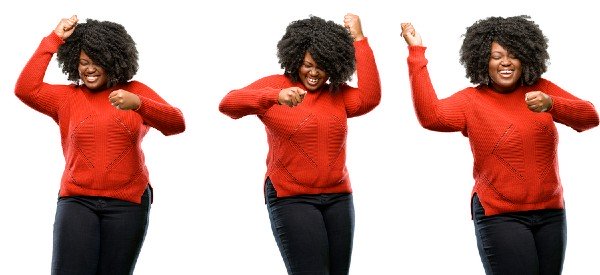The addition of a daily probiotic supplement may reduce digestive discomfort, help you maintain a higher vitamin B12 level, and increase weight loss after weight loss surgery.
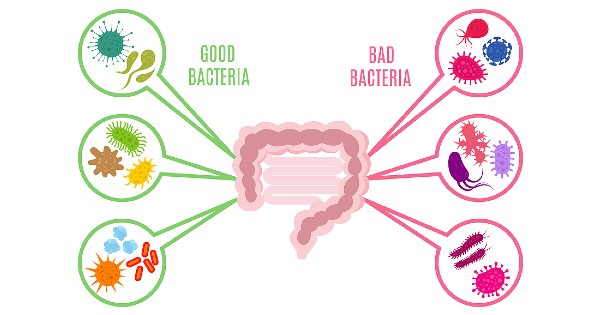
Your Gut is Full of Bacteria
The digestive system is full of bacteria. It’s incredible what these tiny single-cell microbes do for us. They help the body:
- Digest food
- Absorb nutrients
- Make enzymes, vitamins, and amino acids
- Produce short-chain fatty acids
- Promote gut health
- Protect against pathogens
- Keep “bad” bacteria from growing out of control
The number and variety of bacteria in the gut can change from stress, diet, medications, age, and disease. A reduction in the number and diversity of good bacteria can result in inflammatory bowel disease, metabolic syndrome, cardiovascular disease, obesity, and cancer.
Obesity and Gut Bacteria
We have learned that there are differences in the population number and types of bacteria between moderate-weight individuals and those with obesity.
- Overweight individuals have more firmicutes and fewer bacteroidetes than moderate-weight people.
- Those with obesity have less diversity in their gut bacteria, and those with the least variety tend to weigh the most.
- Transplanting gut bacteria from obese mice into lean mice results in the lean mice developing obesity.
What Are Probiotics?
Probiotics are living microorganisms, bacteria, and yeast, which help maintain a proper balance of good bacteria in the gut. Probiotics are found in foods like yogurt, kefir, kombucha, kimchi, and sauerkraut. They can also be taken as a supplement.
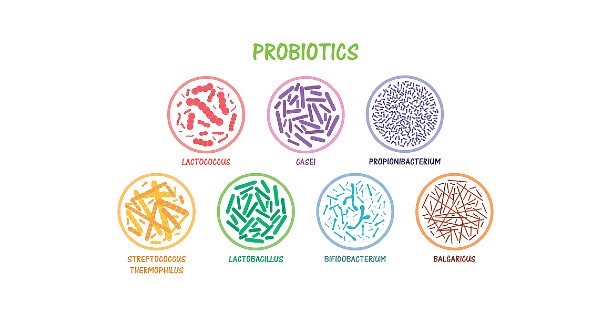
What do Probiotics have to do with Weight?
Probiotics may affect weight in several ways:
- Reduce the number of calories absorbed from food
- Change the levels of hormones related to appetite and fat storage
- Decrease inflammation, a driver of obesity
A study using probiotics with overweight men and women had positive results. Those taking the probiotic for six months lost weight, decreased waist size, and positively changed gut bacteria activity. Ten billion colony-forming units (CFUs) per day of B420 of the probiotic Bifidobacterium lactis B-420 (B420) was used for this study.
In 2009, a Stanford University study found that those taking a probiotic after gastric bypass had few digestive complaints, higher vitamin B12 levels, and lost more weight. The study used a supplement containing 2.4 billion colonies of Lactobacillus.
Choosing a Supplement
If you would like to try taking a probiotic, be sure to:
- Consult with your health care provider first if you have an immune disorder or serious health condition.
- Choose a product from a trusted manufacturer and check the expiration date.
- Consider the form that works best for you – pill, capsule, powder, liquid, or chew.
- Look at storage instructions – some need refrigeration.
- Look for a probiotic supplement that contains at least 5 billion CFUs per dose. Those with a variety, at least seven different bacteria strains appear to be the most effective.
- Follow the instructions on the label.
Every Bit Helps
A probiotic supplement might just fit into your weight loss plan. Use in in combination with a wholesome diet, regular exercise, good sleep habits and a healthy lifestyle.

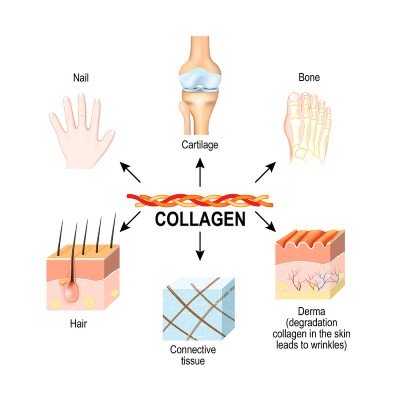 What is Collagen?
What is Collagen?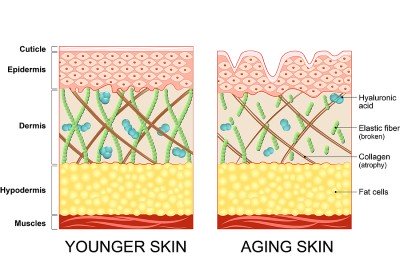
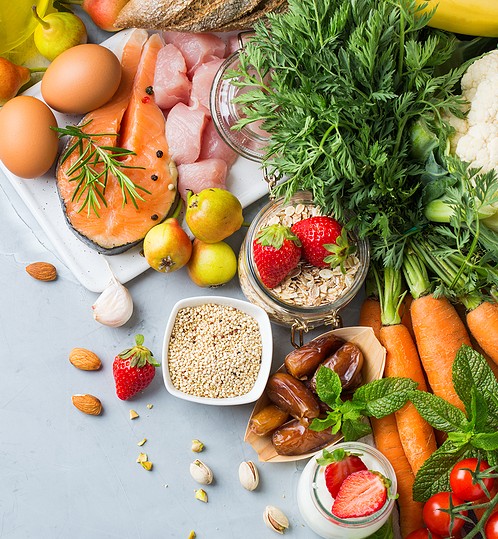 The body will form more collagen with a balanced diet of protein-rich foods and a variety of fresh fruits and vegetables. Nutrients that may support collagen production include:
The body will form more collagen with a balanced diet of protein-rich foods and a variety of fresh fruits and vegetables. Nutrients that may support collagen production include: